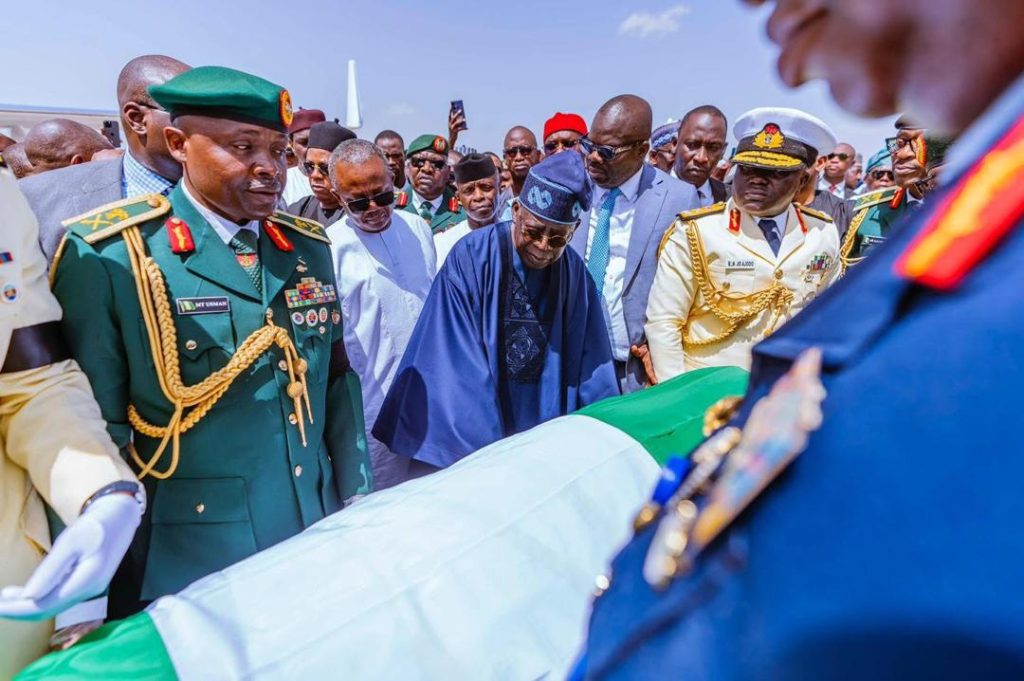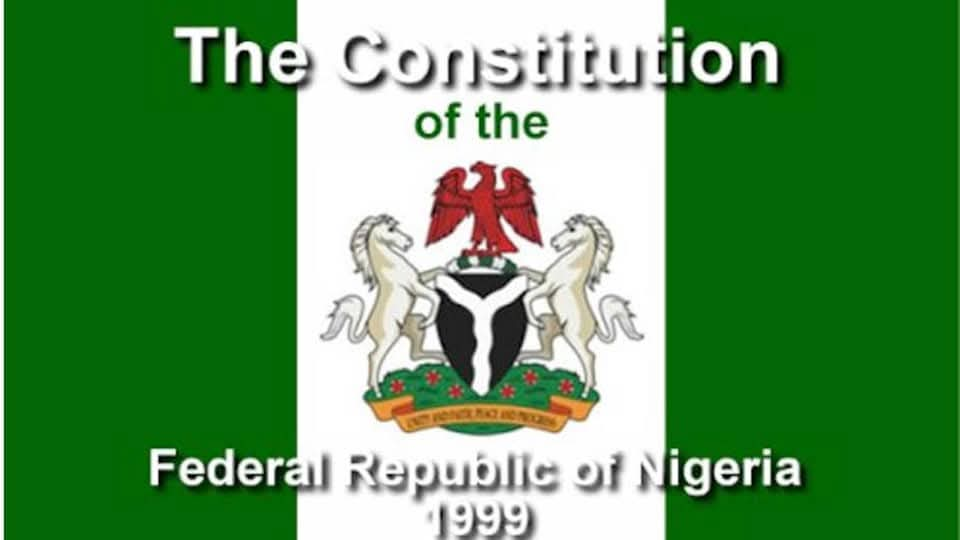Analysis
Hamas confirms leader, wife, children killed by Israeli airstrike
The intensification of Israeli operations against Hezbollah in Lebanon and Houthi forces in Yemen has raised fears of a broader regional conflict.

Hamas has confirmed that its leader in Lebanon, Fateh Sherif Abu el-Amin, was killed in an Israeli strike on Monday, along with his wife, son, and daughter.
Reuters reported that the strike targeted their home in a Palestinian refugee camp in Tyre, located in southern Lebanon.
The Palestinian militant group issued a statement mourning the loss, calling the attack “an escalation of Israel’s aggression.”
Meanwhile, the Popular Front for the Liberation of Palestine (PFLP) also reported that three of its leaders were killed in a separate strike in Beirut’s Kola district, marking the first attack within the city limits.
“Three of our top officials were martyred in this unprovoked assault,” the group said.
The Israeli military has not commented on the strikes.
The intensification of Israeli operations against Hezbollah in Lebanon and Houthi forces in Yemen has raised fears of a broader regional conflict.
As Israeli airstrikes continue to target key militant leaders, concerns have mounted that the violence may draw in major powers such as Iran and the United States.
Lebanon’s Health Ministry reported over 1,000 Lebanese killed and 6,000 wounded in the past two weeks.
Authorities estimate that around one million people have been displaced due to the escalating violence.
In response to the intensifying conflict, U.S. President Joe Biden stated, “It has to be” when asked if an all-out war in the Middle East could be avoided.
He confirmed plans to speak with Israeli Prime Minister Benjamin Netanyahu.
*The lingering Hamas-Israel crisis
The Hamas-Israel conflict has been a longstanding and complex issue, with roots tracing back to the 1948 Arab-Israeli War.
At its core, the conflict revolves around territorial disputes, Palestinian self-determination, and historical grievances.
Hamas, a Palestinian Islamist organization, seeks recognition as a legitimate governing entity and control over Gaza, while Israel asserts its right to self-defense and security.
The conflict has led to numerous outbreaks of violence, including rocket attacks and military operations, resulting in significant civilian casualties and infrastructure damage.
A lasting resolution to the conflict remains elusive, despite international efforts to broker peace.
The United Nations has condemned the violence and urged restraint, while the United States has consistently supported Israel’s right to self-defense.
A two-state solution, with Israeli-Palestinian coexistence, is widely advocated by the international community.
However, direct talks between Hamas and Israel have yet to yield substantial progress.
The humanitarian impact of the conflict is dire, with thousands injured, displaced, or killed.
Addressing these concerns and finding a peaceful resolution is crucial for regional stability and the future of the Middle East.
For Diaspora Digital Media Updates click on Whatsapp, or Telegram. For eyewitness accounts/ reports/ articles, write to: citizenreports@diasporadigitalmedia.com. Follow us on X (Fomerly Twitter) or Facebook










